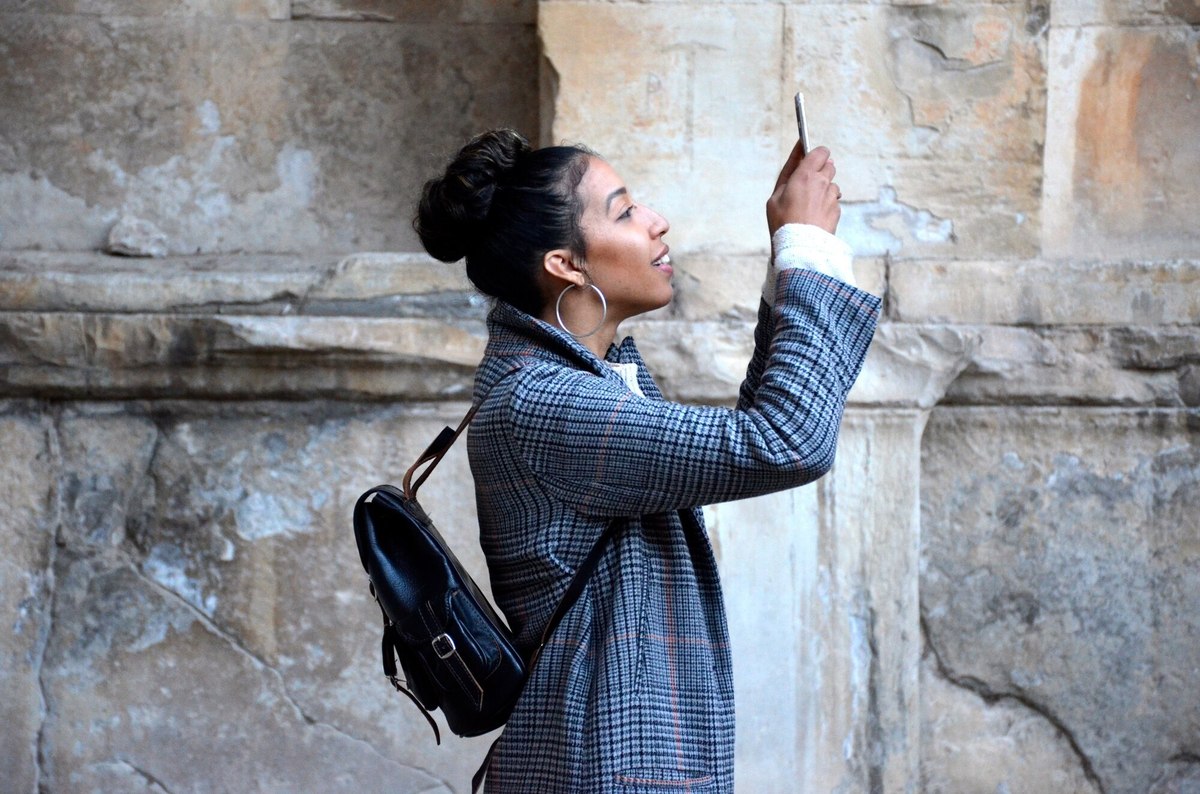
How viewing limits and a lack of X-citement have affected Twitter’s brand perceptions
Is Elon Musk bad for Twitter’s brand? Recent YouGov data suggests that the British public’s attitude towards the Tesla/SpaceX/X exec is worsening (61% of Britons and 67% of Twitter users have an unfavourable opinion of him), and Twitter users have a worse opinion of the platform than they did before he took over.
What’s more, the changes made over the past weeks – which have included introducing viewing limits for registered users, blocking unregistered users from using the site, and an in-progress, poorly-received rebrand to “X” – don’t appear to have righted the ship. Over the last month (30 June – 31 July), Twitter’s Impression scores, which measure general sentiment towards a brand, went from bad (-9.6) to worse (-18.1), deteriorating by -8.5 points.
Since the restrictions on viewing were imposed, Twitter’s Quality scores also fell seven points from -2.1 to -9.1 – suggesting that the changes had an impact on user experience. Musk, for his part, has said that these restrictions are temporary. For the moment, however, they have had an adverse impact on consumer advocacy: over the past month, Recommend scores went from -5.2 to -9.9 (-4.7), while Customer Satisfaction scores declined from 5.2 to 0.0 (-5.2). Index scores, a measure of overall brand health, deteriorated from -3.8 to -9.0 (-5.2) during the same period.
So, safe to say that, so far, the changes to the Twitter experience haven’t been well-received, and that the “X” rebrand has not done much, if anything, to improve the situation. If we cast our minds back to the day Twitter was taken over (October 27, 2022), the picture appears worse: Impression scores were at -1.7 and have since fallen to a more recent score of -18.1 (-16.4), while Index scores went from 2.7 to -9.0. Musk’s plans to turn Twitter into an everything app are certainly ambitious; whether they can be realised – and turn things around for the company – remains an open question.